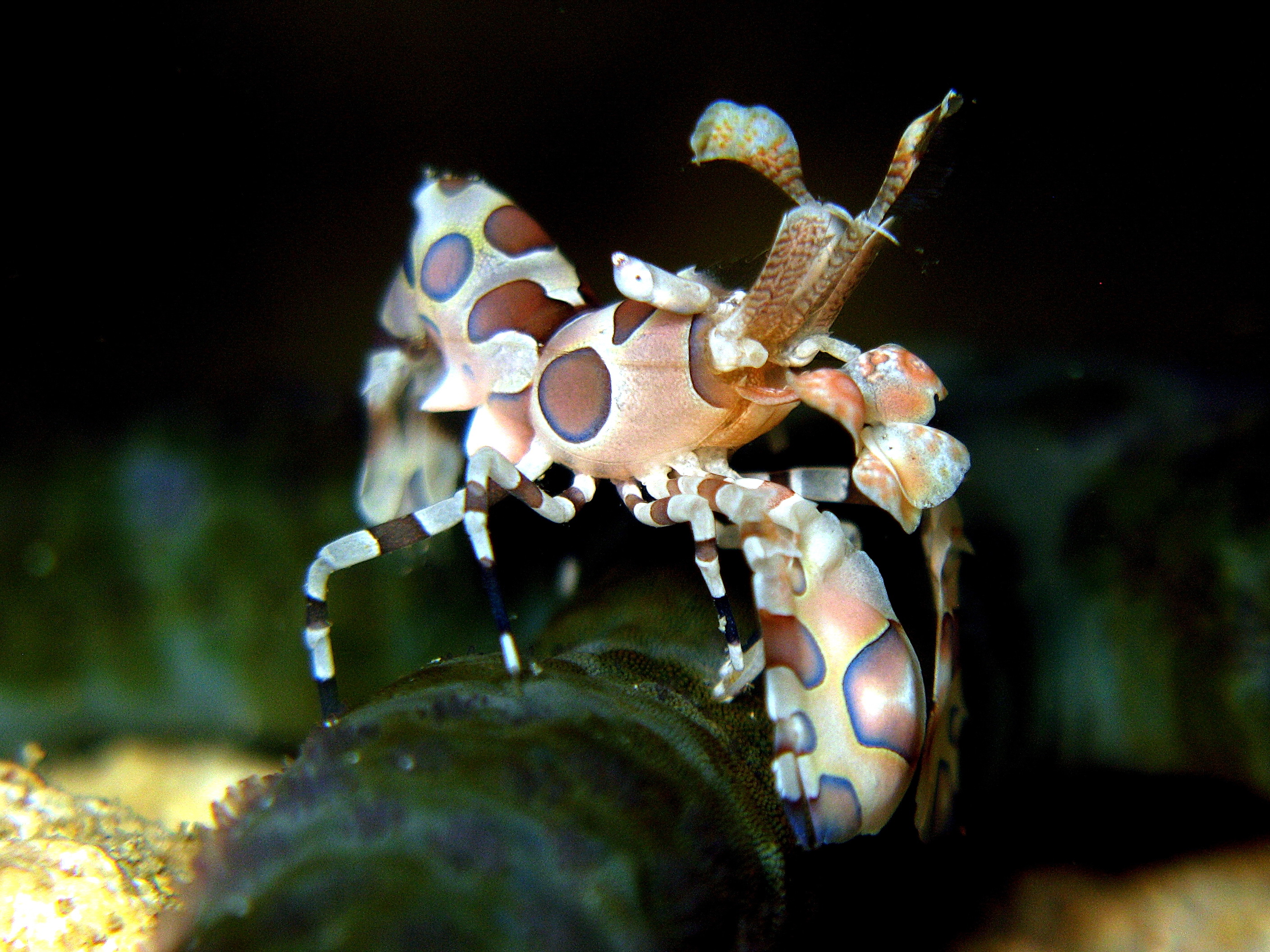|
Macrobrachium Malcolmsonii
''Macrobrachium malcolmsonii'' is an omnivorous, bottom-dwelling, freshwater prawn. Its common name is monsoon river prawn. It feeds on decomposing plants and animals, small worms, insects, and their larvae. They are also cannibalistic in nature and may consume freshly molted conspecifics. In Asian countries, particularly in India, Pakistan, and Bangladesh, the freshwater prawn species ''M. malcolmsonii'', ''M. rosenbergii'', and ''M. gangeticum'' are of special interest for aquaculture. ''M. malcolmsonii'' is nocturnal in habit and feed more actively at night. Being an indigenous fresh water river species ''M. malcolmsonii'' is more tolerant to environmental fluctuations and comparatively more resistant to contaminants. Males grow bigger than females, and even in the same sex there exists heterogeneity in growth. Those that grow faster tend to become dominant, while others remain stunted. References Further reading * * Milne Edwards, H., 1844. Crustacés. In: Voyage dans l’ ... [...More Info...] [...Related Items...] OR: [Wikipedia] [Google] [Baidu] |
Palaemonidae
Palaemonidae is a family of shrimp in the order Decapoda. Many species are carnivores that eat small invertebrates, and can be found in any aquatic habitat except the deep sea. One significant genus is ''Macrobrachium'', which contains commercially fished species. Others inhabit coral reefs, where they associate with certain invertebrates, such as sponges, cnidarians, mollusks, and echinoderms, as cleaner shrimps, parasites, or commensals. They generally feed on detritus, though some are carnivores and hunt tiny animals. The family contains more than 1200 species in 160 genera. The genera were formerly split into two subfamilies, but in 2015, molecular and morphological research determined that the subfamily groupings were invalid. At the same time, the members of the families Gnathophyllidae and Hymenoceridae were incorporated into the Palaemonidae. Genera The following genera are recognised: *'' Actinimenes'' *'' Alburnia'' *'' Allopontonia'' *'' Altopontonia'' *' ... [...More Info...] [...Related Items...] OR: [Wikipedia] [Google] [Baidu] |
